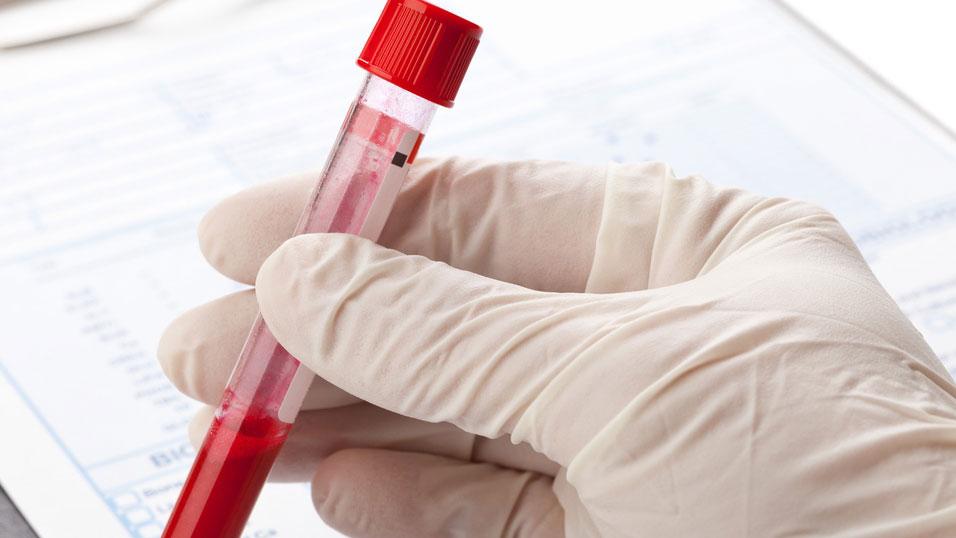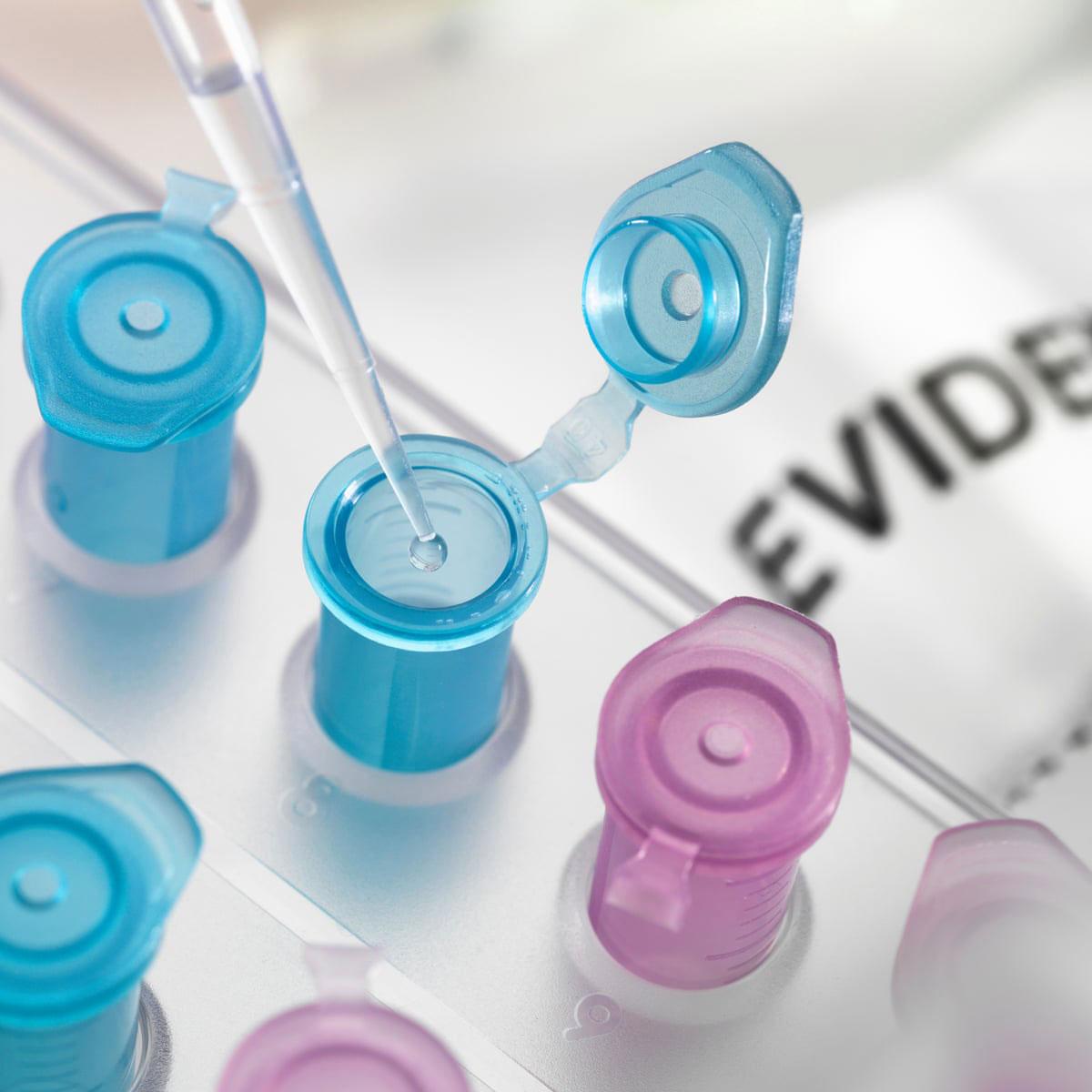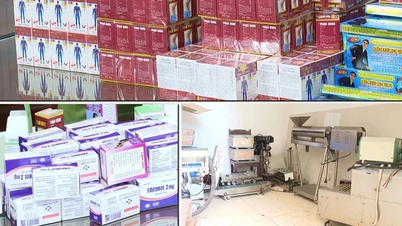A small study found that this blood test outperformed the fecal occult blood test currently used to screen for colon cancer, said Dr. Mona Eldeeb, from the Alexandria University Medical Research Institute in Egypt, according to WebMD.
 |
Blood test to screen for colon cancer without endoscopy |
SHUTTERSTOCK |
“These basic blood markers can detect colon cancer early, especially if used in screening,” says Dr. Mona Eldeeb.
Another test from Iranian scientists uses saliva to look for genetic material linked to prostate tumors.
If approved, the tests could make it easier for patients to screen for and diagnose these two cancers without the need for needle biopsies or endoscopy, experts say.
"The exciting thing about this invention is that the prostate cancer test is truly non-invasive, no needles required, just a simple saliva sample," said Corey Speers, an oncologist at the University of Michigan Rogel Cancer Center, according to WebMD.
Colon cancer test without endoscopy
The colon cancer test uses tiny, color-coded beads to pick up four inflammatory proteins from a blood sample. Laser technology then counts the number of these beads.
Dr. Eldeeb and team tested 35 colon cancer patients and 52 cancer-free controls.
The results found that the proteins were higher in cancer patients, suggesting that the test could be used to screen for colon cancer without a colonoscopy, Dr. Eldeeb said, according to WebMD.
“This new test is more accurate than a conventional stool test, and when used in combination with a fecal occult blood test, it is highly sensitive and accurate without the need for a colonoscopy,” said Eldeeb.
Prostate cancer test without biopsy
The prostate cancer test looks for eight RNA patterns in saliva that indicate whether a man has prostate cancer or simply an enlarged prostate due to aging. The study was led by Jamal Amri and Mona Alaee, from Tehran University of Medical Sciences (Iran).
 |
Saliva test for prostate cancer screening without biopsy |
SHUTTERSTOCK |
Researchers tested 120 men between the ages of 45 and 50, including 60 with prostate cancer and 60 with prostate enlargement.
The results showed that this saliva test accurately detected men with prostate cancer - something that until now required a biopsy to do, according to WebMD.
"Of course, with all such preliminary studies, questions remain about the accuracy and reliability of the test if expanded to larger patient populations, and it's not yet ready for general use, but this is an exciting first step," said Dr. Corey Speers, a spokesman for the American Society of Clinical Oncology.
Future studies with larger and more diverse groups of participants are needed, said Corey Speers. Appropriate thresholds for RNA levels in saliva samples also need to be determined.
“We look forward to studies validating these tests being completed soon,” said Dr. Speers.
Both reports were presented at the annual meeting of the American Association for Clinical Chemistry (AACC), in Atlanta in early October.
“These reports are very exciting initial observations and we look forward to seeing how they hold up in further studies,” said AACC President Dr. Stephen Master.
Of course, both of these discoveries are preliminary and need to be confirmed in larger studies before a decision can be made about whether they should be used in clinical practice, added Dr Stephen Master.
Source: https://thanhnien.vn/tam-soat-ung-thu-dai-trang-va-tuyen-tien-liet-khong-can-noi-soi-hay-sinh-thiet-1851395774.htm





![[Photo] Ready for the top competitions of Vietnamese table tennis](https://vphoto.vietnam.vn/thumb/1200x675/vietnam/resource/IMAGE/2025/5/18/9c547c497c5a4ade8f98c8e7d44f5a41)
![[Photo] General Secretary To Lam visits exhibition of achievements in private economic development](https://vphoto.vietnam.vn/thumb/1200x675/vietnam/resource/IMAGE/2025/5/18/1809dc545f214a86911fe2d2d0fde2e8)






















![[Photo] National conference to disseminate and implement Resolution No. 66-NQ/TW and Resolution No. 68-NQ/TW of the Politburo](https://vphoto.vietnam.vn/thumb/1200x675/vietnam/resource/IMAGE/2025/5/18/adf666b9303a4213998b395b05234b6a)


























































Comment (0)